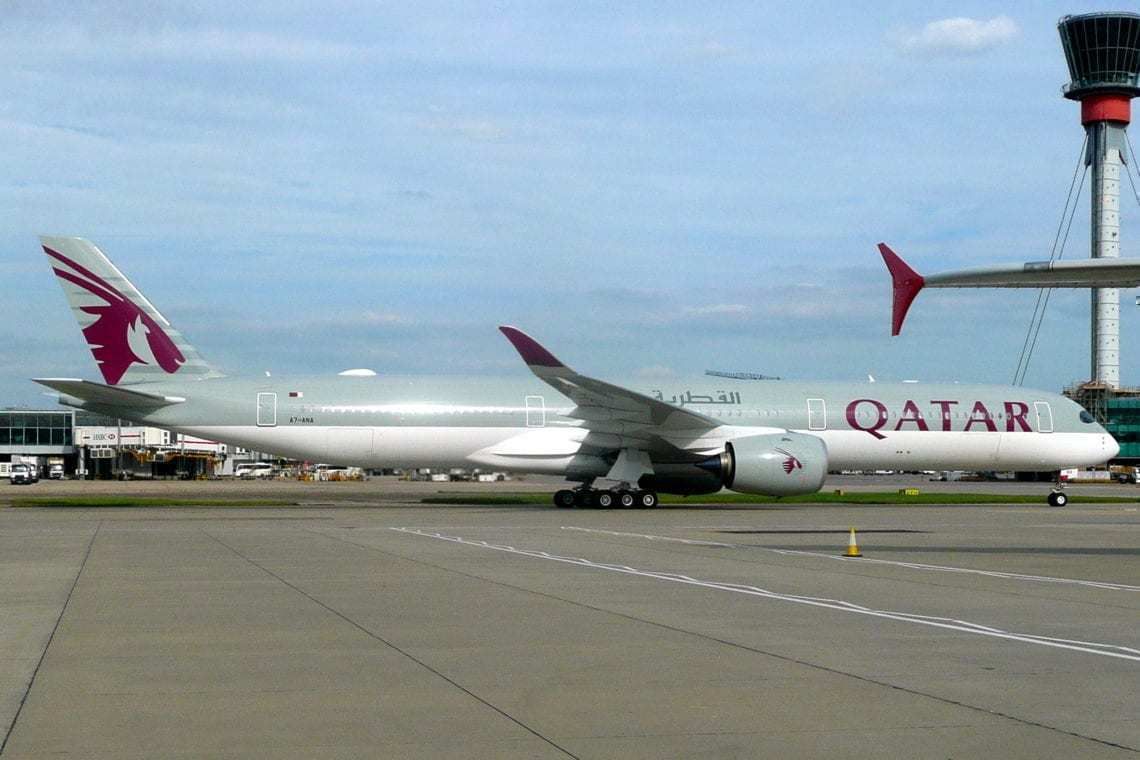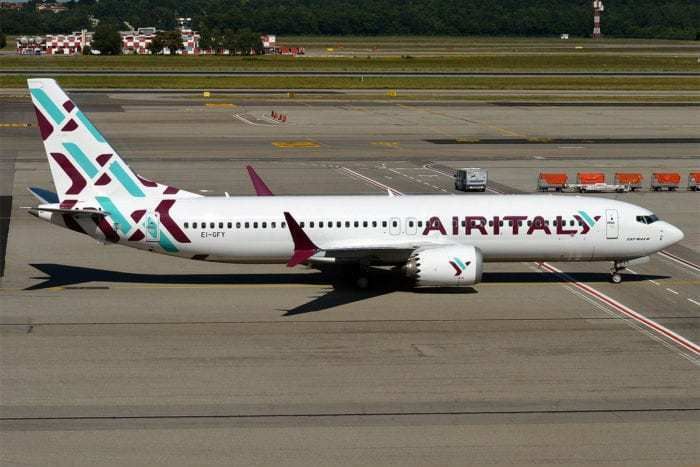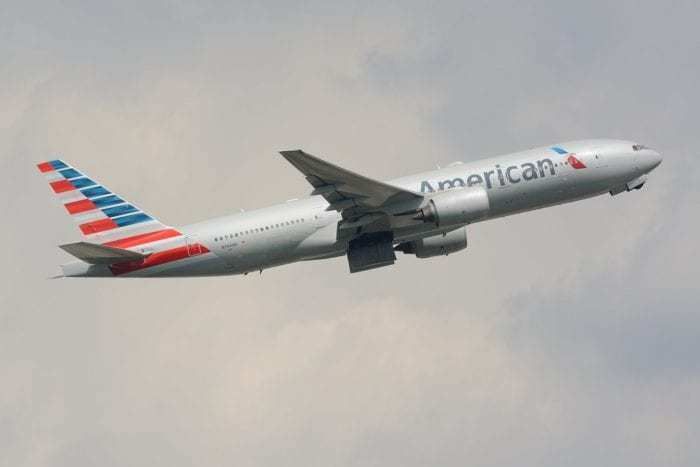Recently the CEOs of the ‘Big Three’ U.S. Airlines took out a full page newspaper ad against Middle East carrier Qatar Airways. The ad took the form of an open letter and was placed in the New York Times, directed to the Trump administration. It requested that Qatar be held accountable for its unfair practices.
The Claims
For those unfamiliar with the claims, Qatar Airways is accused of breaking the rules and “hurting” American jobs through its 2017 Air Italy investment. Air Italy has launched routes to San Francisco and Los Angeles as well as Toronto and Chicago. This has angered not only U.S. Airlines but has also drawn the attention of the U.S. State Department, which is investigating the issue.
“No rule-abiding business can compete with a massively subsidized airline that ignores economic realities and can wipe away losses with one infusion of government cash after another." the advertisement-letter states. The join advertisement calls on President Trump to hold Qatar to account. However, it doesn’t specify how the Administration should take action.
On April 18th Air Italy decided to speak up and defend themselves on this matter in a press release:
The largest US carriers (and their alliance partners) control about 90% of all transatlantic traffic. If any of these three US airlines genuinely believe that our tiny share of “their” market is a threat, or that we should not be permitted to be licensed as an Italian carrier and serve the US, then they should address their complaints to ENAC and to the European Commission.
Is it Fair?
So do these claims have any weight to them? The U.S. carriers have argued for years that Qatar Airways, Etihad and Emirates have benefited from subsidies worth $50 billion. The Gulf carriers have always denied this accusation.
If the claims are true, then this would be unfair - but not because subsidies are taking place. The U.S. Department of Transportation actually subsidizes passenger flights for small communities. The Essential Air Service Program is the name of this subsidy. This is in addition to other methods of government support such as airport construction and post 9/11 taxpayer bailouts. Rather, the playing field is unfair merely because of the staggering difference in the level of support: the countries that support the Gulf carriers have vast amounts of wealth from the export of oil and natural gas with substantially smaller populations to support.
On the other hand there is no official rule-book on how much a government can support an airline. Almost two months ago the Dutch government took a 12.68% stake in the KLM-Air France Group. This was done to compete with the influence of the French government’s 14.3% stake. Although KLM and Air France fly routes to the United States, there doesn’t seem to be any issue there for the government or U.S. carriers.
So do the U.S. airlines have a valid claim? Has Qatar broken the rules and created an unlevel playing field? Or is this a tantrum because Qatar's support is more direct? Let us know in the comments below!



